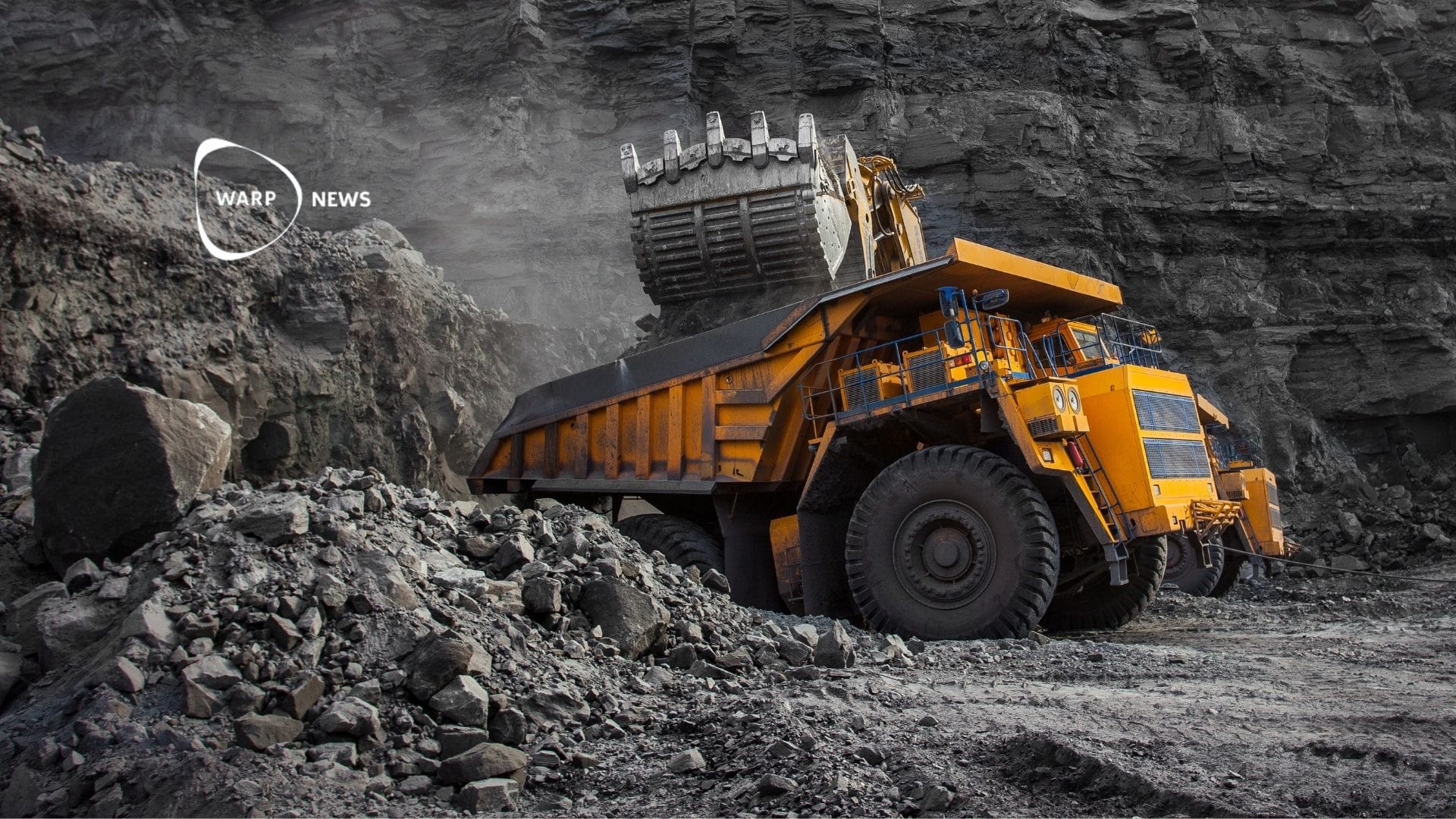
🌳 Ide Willow removes pollutants from old industrial sites
Willow plants can clean contaminated soil and remove over 80 percent of some pollutants over a ten-year period.
Share this story!
Using old industrial plots to build new homes can be a good way to create completely new and sustainable neighborhoods. But before it is possible to start construction, the ground often has to be decontaminated to get rid of dangerous pollutants, and the decontamination can cost a lot of money.
A cheaper option is to plant different plants that clears the soil of pollution. The disadvantage of the mentioned method is that it can take 100 years or more for plants to react with the soil, but now researchers from Stockholm University have developed a method that speeds up the process.
The researchers planted a special clone of basket willow, Salix Viminalis, on a contaminated industrial site. This particular variety of willow is good at absorbing heavy metals and cleaning the soil from them. The results were not long in coming either.
"We observed a significant reduction of most pollutants in the soil already after one year. In this investigation, after ten years of purification, we have reduced certain substances below the Environmental Protection Agency's limit values", says Maria Greger, docent in plant physiology at Stockholm University and one of the researchers behind the study, in a press release.
The researchers planted cuttings of the willow plant on the contaminated plot in 2003 and have since measured the levels of contaminants in the soil every year from 2005 to 2015. During that time, the amount of lead decreased by 63 percent, nickel by 87 percent and PCBs by 53 percent.
"There the plants stood and cleaned the soil with minimal maintenance. The method works well and could be used on other contaminated sites instead of the usual and more expensive method of digging up the soil and then getting rid of it, which is really just to postpone the problem. So In this way, many more contaminated areas could be cleaned, even really large areas, for which it would be too expensive to excavate the soil," says Maria Greger.
By becoming a premium supporter, you help in the creation and sharing of fact-based optimistic news all over the world.


